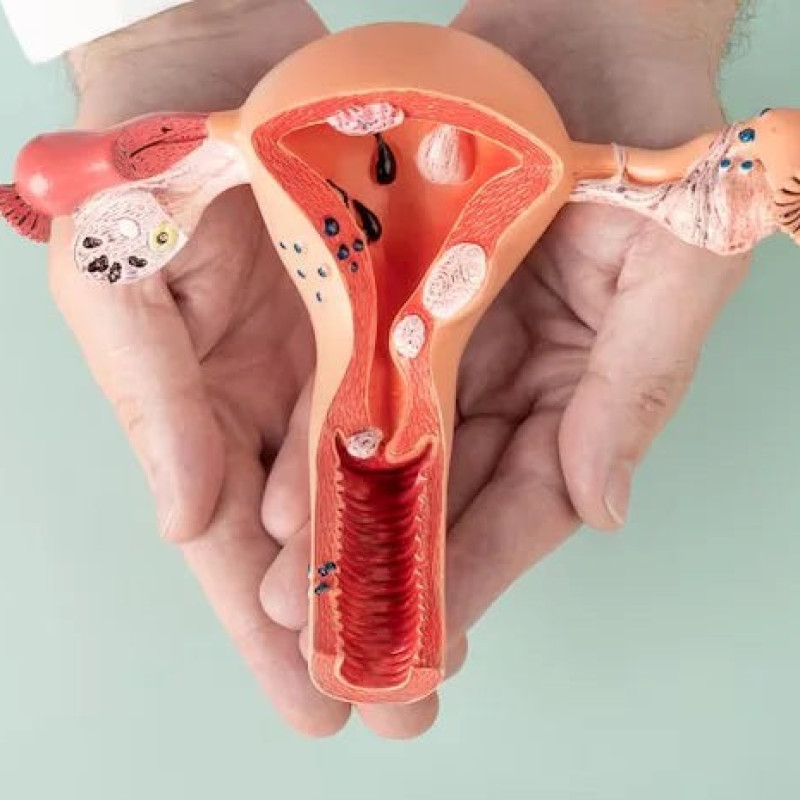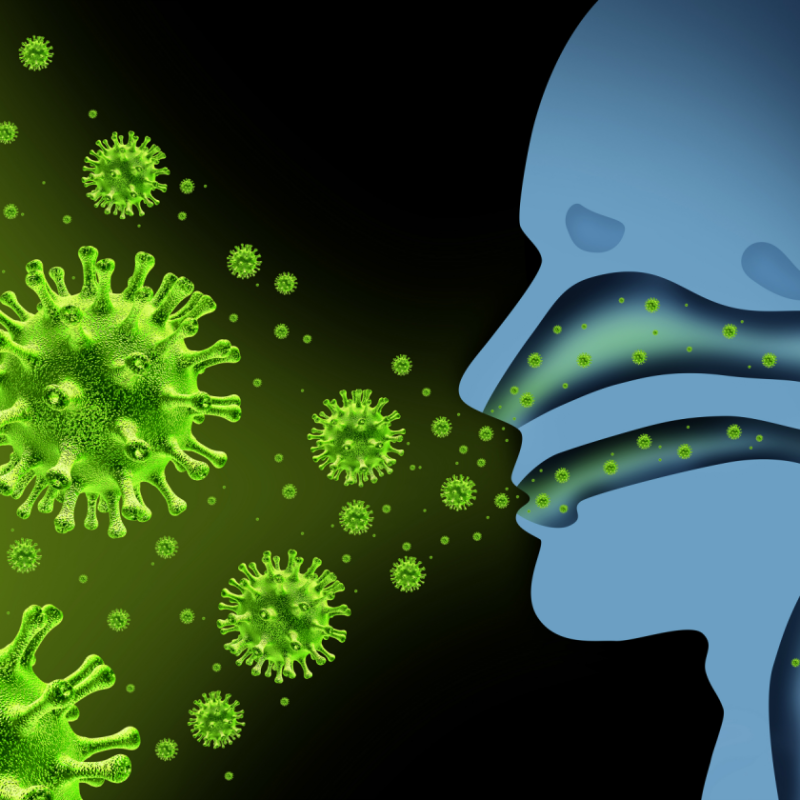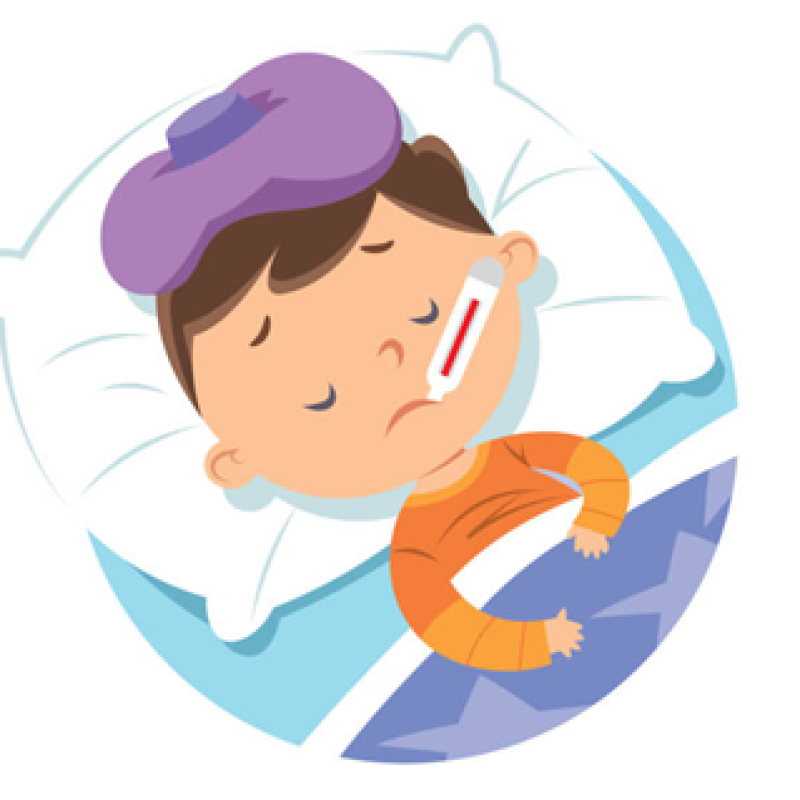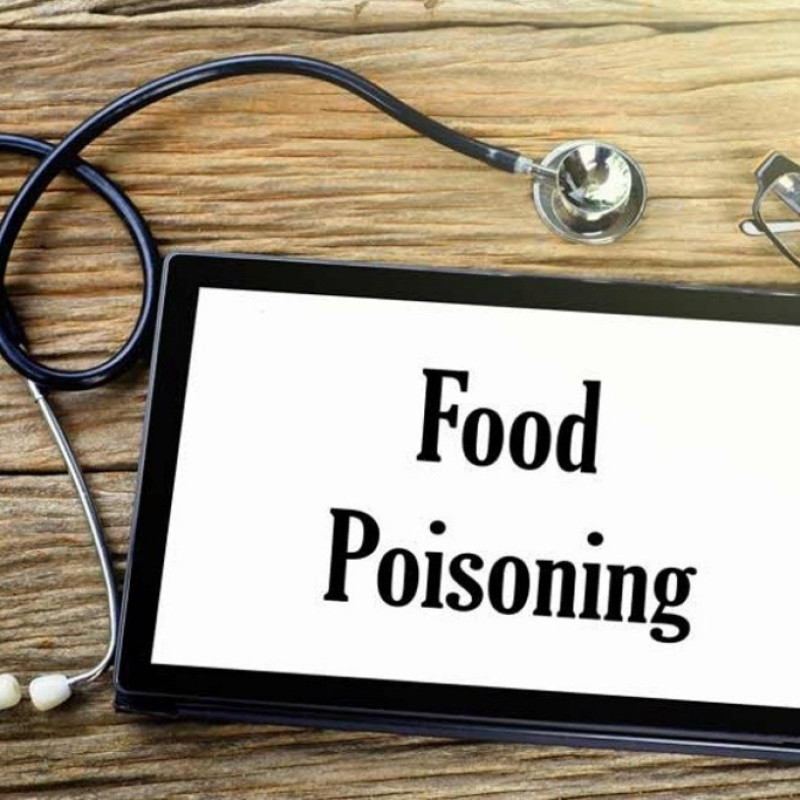
Introduction
Diarrhea is a common digestive disorder that affects people of all ages around the world. While it's often a temporary inconvenience, it can be uncomfortable and even debilitating. In this blog post, we'll delve into the causes, symptoms, and effective remedies for diarrhea.
Causes of Diarrhea

Diarrhea can be caused by a variety of factors, including:
- Infections: Bacterial, viral, or parasitic infections can irritate the lining of the intestines, leading to diarrhea. Common culprits include norovirus, rotavirus, and food poisoning.
- Dietary Choices: Consuming foods that are high in artificial sweeteners, spicy foods, greasy foods, or excessive amounts of caffeine can trigger diarrhea, especially if your body isn't used to such items.
- Food Sensitivities: Some individuals may have sensitivities or intolerances to certain foods, like lactose or gluten, that can lead to diarrhea.
- Medications: Certain medications, such as antibiotics, antacids containing magnesium, and cancer drugs, can disrupt the balance of gut bacteria and cause diarrhea.
- Digestive Disorders: Conditions like irritable bowel syndrome (IBS) and inflammatory bowel disease (IBD) can result in chronic diarrhea.
Symptoms of Diarrhea

The primary symptom of diarrhea is loose, watery stools occurring more frequently than usual. Other symptoms may include:
- Abdominal Cramps: Diarrhea often comes with abdominal discomfort or cramps due to increased bowel activity.
- Dehydration: Rapid fluid loss through diarrhea can lead to dehydration, causing symptoms like dry mouth, increased thirst, and reduced urine output.
- Fever: Infections causing diarrhea might be accompanied by a fever as your body tries to fight off the invaders.
- Nausea and Vomiting: Some cases of diarrhea may be accompanied by feelings of nausea and the urge to vomit.
Managing Diarrhea: Effective Remedies

- Stay Hydrated: Replenishing lost fluids is crucial. Drink clear fluids like water, clear broths, and oral rehydration solutions to prevent dehydration.
- BRAT Diet: The BRAT diet (bananas, rice, applesauce, and toast) can help provide nutrients without aggravating the stomach. It's easily digestible and can help firm up stools.
- Probiotics: Consuming foods rich in probiotics, like yogurt with live cultures, can help restore the balance of good bacteria in your gut.
- Avoid Trigger Foods: Steer clear of foods that can exacerbate diarrhea, such as spicy foods, caffeine, and fatty items.
- Medications: Over-the-counter medications like loperamide can help reduce the frequency of diarrhea, but they should be used cautiously and under the guidance of a healthcare professional.
- Rest: Giving your digestive system a break by getting adequate rest can aid in recovery.
When to Seek Medical Attention

While most cases of diarrhea resolve on their own, you should seek medical attention if:
- Diarrhea persists for more than two days
- You notice blood in your stools
- You experience severe abdominal or rectal pain
- Signs of dehydration are present







